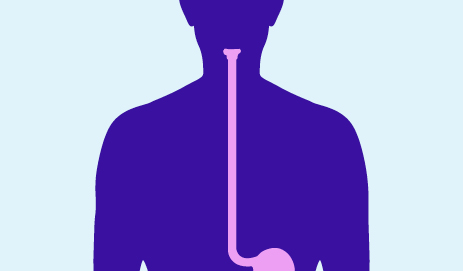Today, we announce research findings showing that a supervised exercise programme improved quality of life and cardiovascular fitness in patients after surgery for oesophageal cancer.
The research, which was published in the British Journal of Surgery, studied 120 patients with oesophageal cancer who had undergone an esophagectomy.
The patients were randomly split into two groups, with one group taking a 12-week supervised exercise programme in addition to usual care, and a usual care group. The study found that the group taking the regular exercise programme had improved quality of life and improved cardiorespiratory fitness.
These findings show the significance of taking regular exercise in patients with oesophageal cancer after surgery.
Anna Diaz Font, Head of Research Funding at World Cancer Research Fund, said:
We know that patients with oesophageal cancer are often fatigued and have a reduced health-related quality of life and physical functioning after surgery. This study has shown that exercise can be a really useful tool for these patients to improve their quality of life and fitness. Exercise training interventions have been shown to effectively improve quality of life in patients with other types of cancer. Thanks to this research, we now know this is also true for oesophageal cancer.”
Prof Anne May, Professor of Clinical Epidemiology of Cancer Survivorship at UMC Utrecht and study author, said:
Surgery for oesophageal cancer is an extensive procedure and the risk of post-operative complications and reduced quality of life is high. These findings are so important for these patients because they show that there are interventions available that benefit not only their physical health, but also positively impact their social, mental and cognitive health too.”
Oesophageal cancer is the seventh most common cancer worldwide, with more than 500,000 new cases in 2018, accounting for 3.4% of all cancers. It is the sixth most common cause of death from cancer, with an estimated 544,000 deaths (5.5% of the total). Worldwide, oesophageal cancer incidence rates in men are twice as high as those in women.
